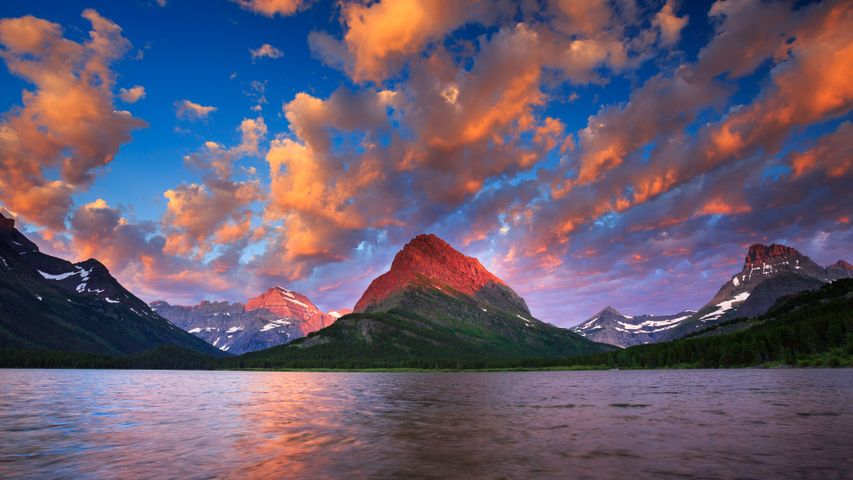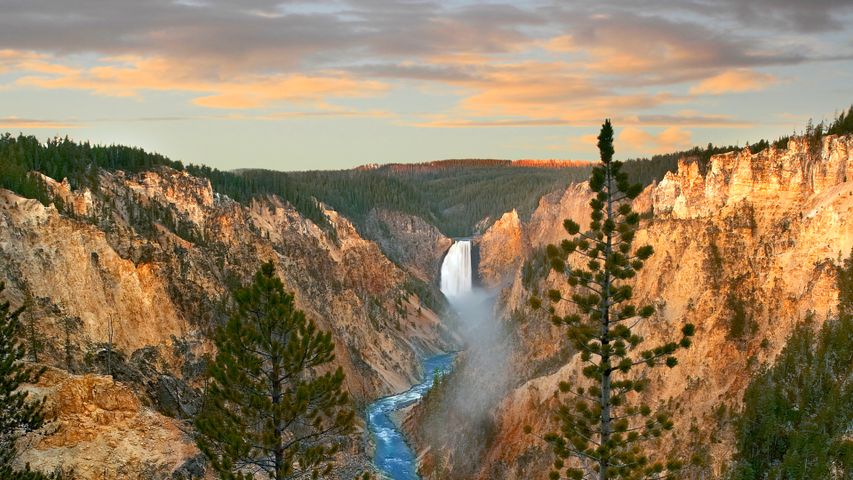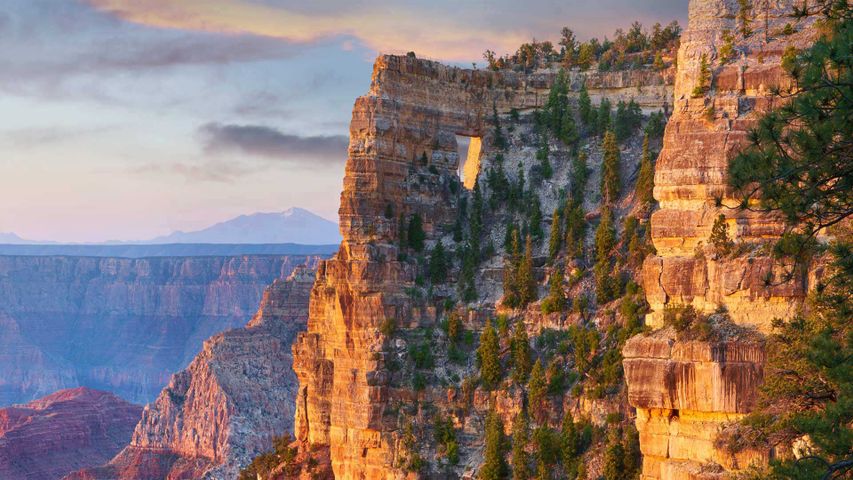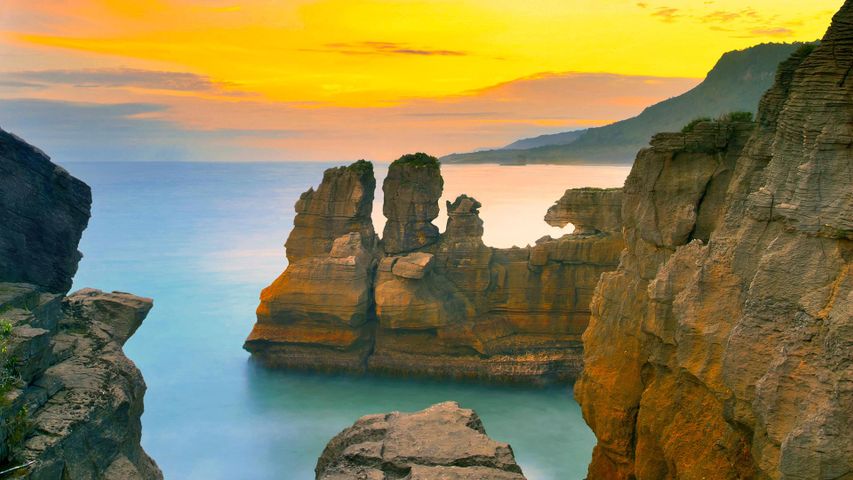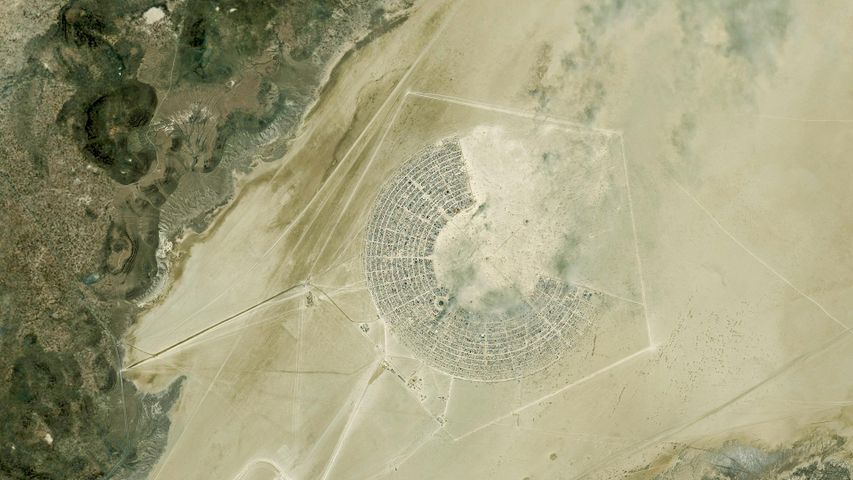North Cascades National Park, Washington
© Ethan Welty/Tandem Stills + Motio
America's backyard. National Park Service Founders Day
While most of us play in our vast system of 63 national parks, others work there. Today, on National Park Service Founders Day, we recognize their efforts and the priceless gift of our country's national parks. The NPS protects and maintains these parks as well as hundreds of national monuments and other natural, historical, and recreational properties. They include some of our most stunning natural landscapes, like North Cascades National Park in Washington state, featured here. This image, of the Triplets and Cascade Peak, is taken from atop Forbidden Peak.
The NPS was created on August 25, 1916, when President Woodrow Wilson passed the Organic Act. At the time there were nine national parks and 33 federally protected areas such as national monuments. Today there are more than 400 such areas, managed by 22,000 NPS employees and 340,000 volunteers. The oldest national park is Yellowstone, created in 1872, believed to be the first national park in the world. The youngest is New River Gorge in West Virginia, created in 2020. Fourteen national parks have been designated UNESCO World Heritage Sites, and 21 named UNESCO Biosphere Reserves. Thirty of our 50 states have national parks, with California having the most with nine. Alaska has eight, Utah five, and Colorado four. Alaska has the four largest national parks. Not surprisingly, the vast majority of our national parks are west of the Rockies.
North Cascades is one of three national parks in Washington state (the others are Olympic and Mount Rainier). North Cascades is also the state's newest national park, created in 1968. It is perhaps the most rugged park in the lower 48 states, containing more than 500,000 acres of steep mountain peaks and vast forests, as well as the headwaters of many waterways. It boasts the most expansive system of glaciers in the US outside of Alaska. Most of the park is protected as wilderness so there are few roads, structures, or signs of human impact. It is relatively isolated even though it's within 100 miles (as the crow flies) from the metropolises of Seattle and Vancouver, Canada. This proximity of wilderness to human development reminds us why we created the NPS, to preserve some of the nation's most special places in their natural state.
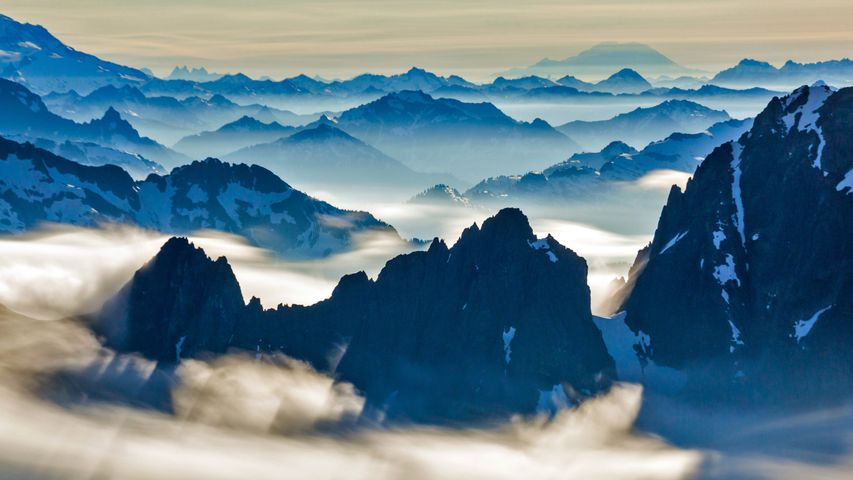
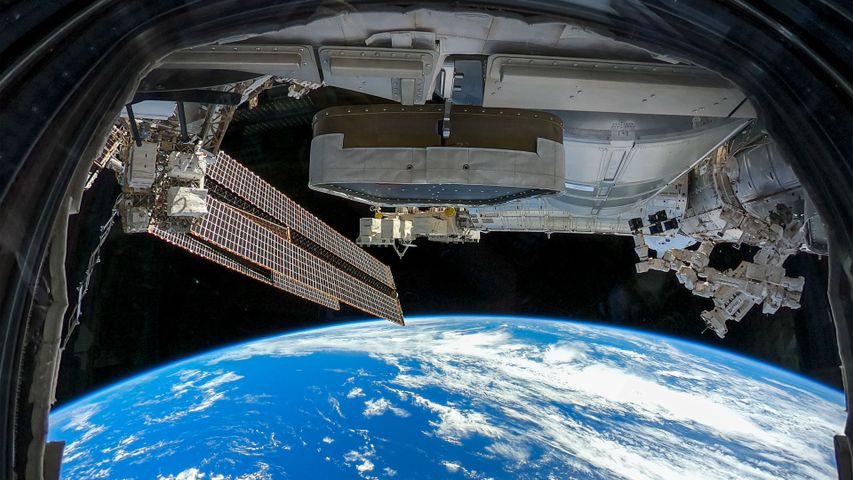 View from the cupola of the International Space Station above the South Pacific Ocean
View from the cupola of the International Space Station above the South Pacific Ocean
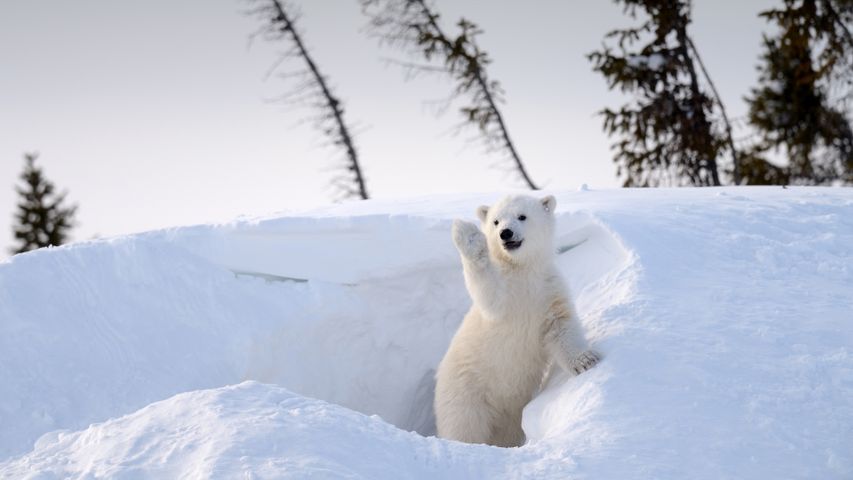 Polar bear cub, Churchill, Manitoba, Canada
Polar bear cub, Churchill, Manitoba, Canada
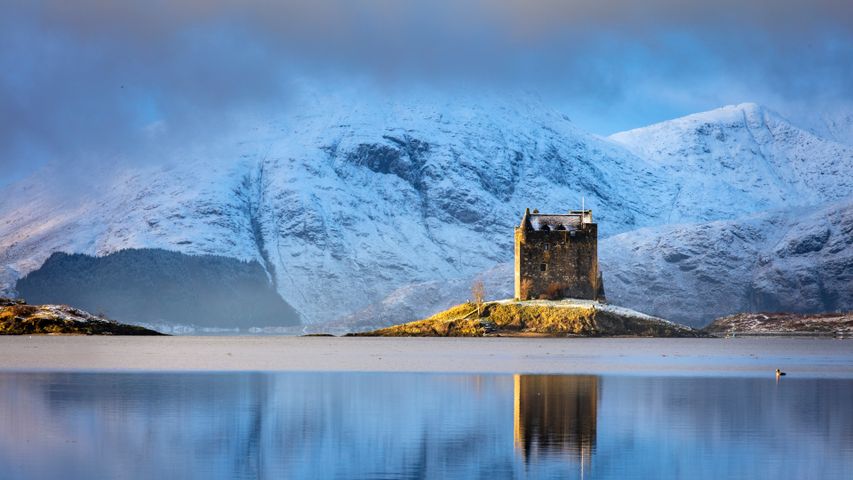 Castle Stalker on Loch Laich, Argyll, Scotland
Castle Stalker on Loch Laich, Argyll, Scotland
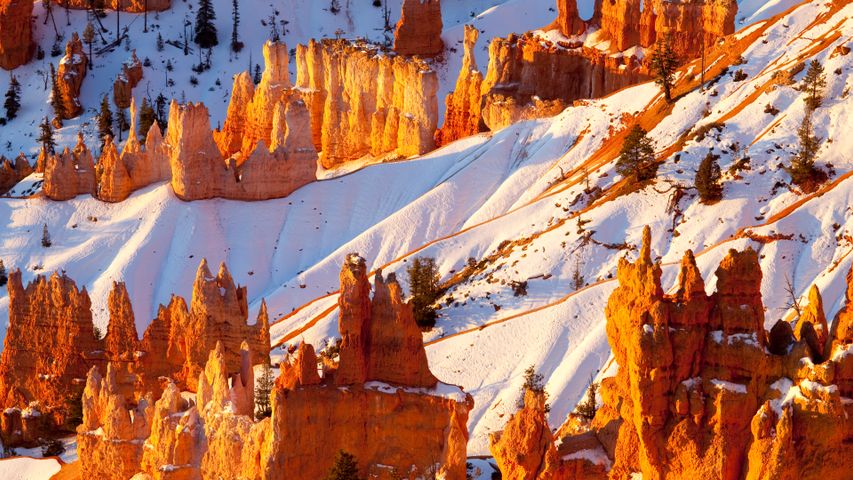 Sandstone hoodoos, Bryce Canyon National Park, Utah
Sandstone hoodoos, Bryce Canyon National Park, Utah
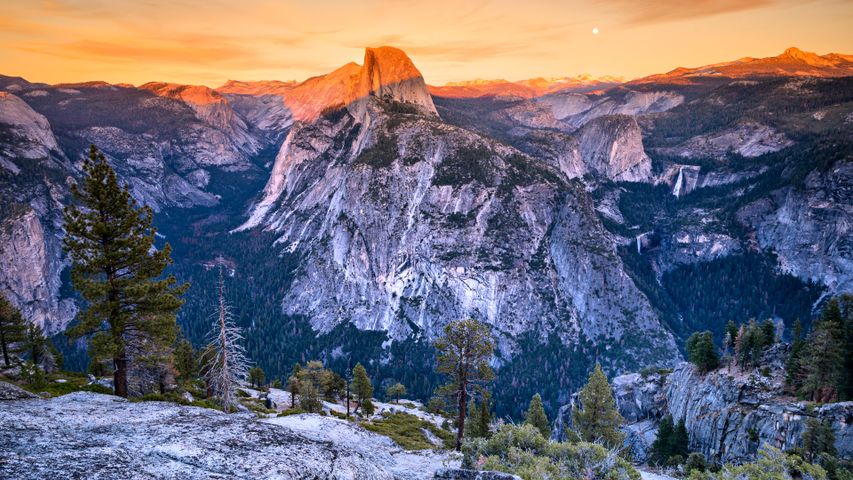 Alpenglow on Half Dome, Yosemite National Park, California
Alpenglow on Half Dome, Yosemite National Park, California
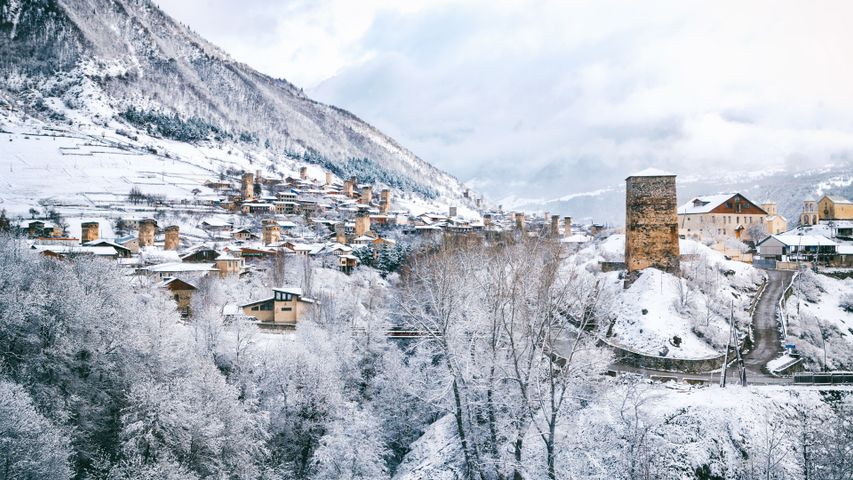 Medieval towers in Mestia, Upper Svaneti, Georgia
Medieval towers in Mestia, Upper Svaneti, Georgia
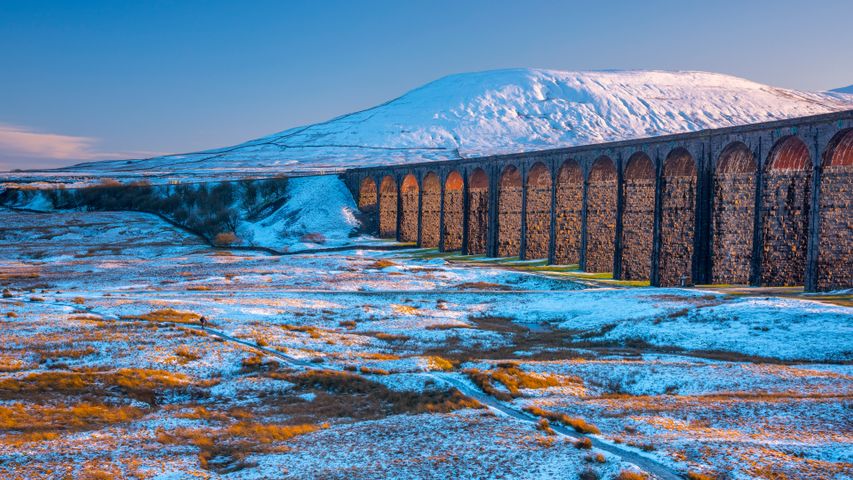 Ribblehead Viaduct and Ingleborough mountain, North Yorkshire, England
Ribblehead Viaduct and Ingleborough mountain, North Yorkshire, England
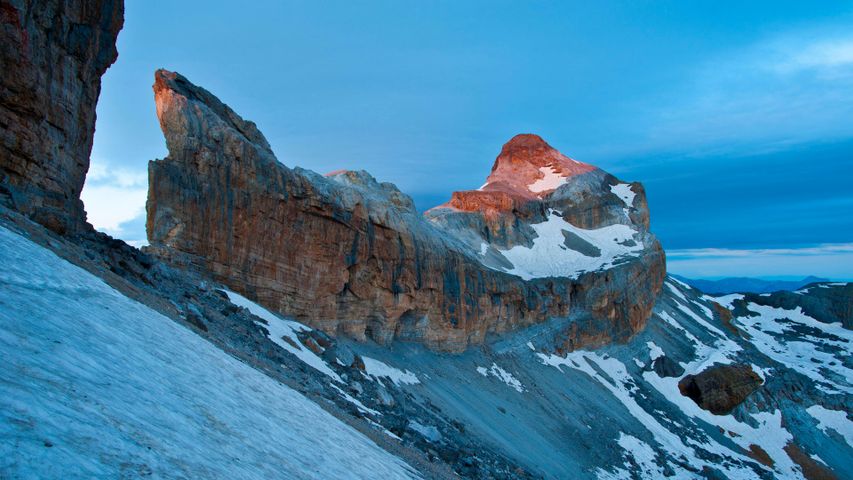 La Brecha de Rolando, Ordesa y Monte Perdido National Park, Spain
La Brecha de Rolando, Ordesa y Monte Perdido National Park, Spain
